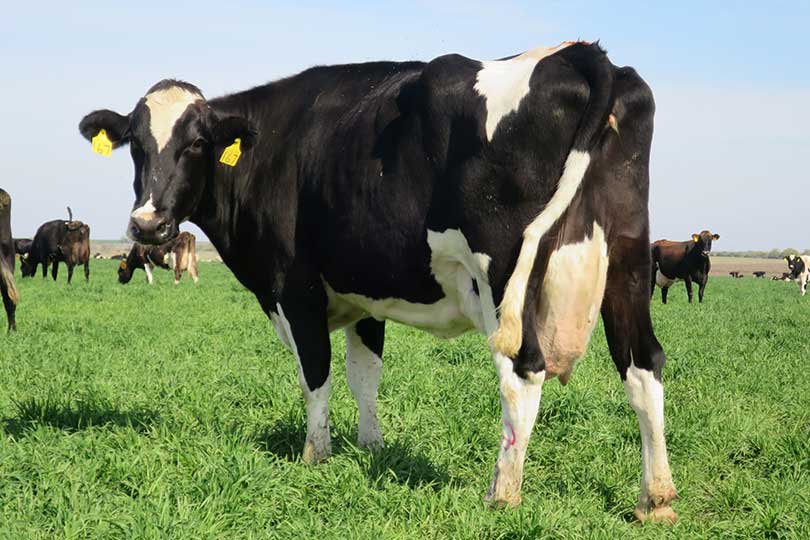The U.S. dairy industry applauded efforts by bipartisan lawmakers to get the Food and Drug Administration (FDA) to enforce milk labeling standards and take action against companies labeling plant-based products as milk, according to Feedstuffs.
Sales of milk fell 7 percent in 2015, and dairy farmers are facing a serious financial crises with sharp drops in income, lawmakers noted. Meanwhile, over the past five years, sales of certain plant-based products like soy and almond milk have grown 250 percent to more than $896 million, according to a recent Nielsen survey.
“These hard-working Americans have experienced deep cuts in income as milk prices have plunged 40 percent since 2014,” the letter stated. “While the administration has taken steps to address this crises…unless more is done, many more farmers will be forced to sell their herds.”
Reps. Mike Simpson (R-Idaho) and Peter Welch (D-Vermont) wrote a letter to FDA Administration Commissioner Robert Califf cosigned by a bipartisan coalition of 32 other members of the House urging lawmakers to more aggressively enforce the improper use of dairy terms on plant-based foods and beverages.
“We request that the Food and Drug Administration exercise its legal authority to investigate and take appropriate action against the manufacturers of these misbranded products,” the letter stated.
The lawmakers said the products should only be on the market when accurately labeled.
“While consumers are entitled to choose imitation products, it is misleading and illegal for manufacturers of these items to profit from the ‘milk’ name,” lawmakers wrote.
Federal standards of identity stipulate that milk and related foods have to be made from animal sources to use these established dairy terms.
Dairy organizations have voiced similar concerns in the past, urging FDA to restrict the use of dairy terms on labels of plant-based imitation products such as milk, cheese and yogurt.
The letter points that addressing this issue “will not solve all the challenges confronting dairy farmers, it is an important part of the solution that will provide consumers with the accurate information they expect.”


This is ludicrous. The meaning of the word milk as being the liquefied form or by product of a food or material ( coconut milk, milk of magnesia) is just as legitimate as the meaning of the word when applied to the liquid produced by a lactating animal. It is a descriptive word, not a trade mark. While it is a desperate move to try to claw back a few sales, it will mostly serve to make utter fools of the all those getting behind this misguided move.
It does document though, the statistics of the success of plant milks brimming with nutrition without the problems arising from human children and adults drinking the infant growth fluid of another species.